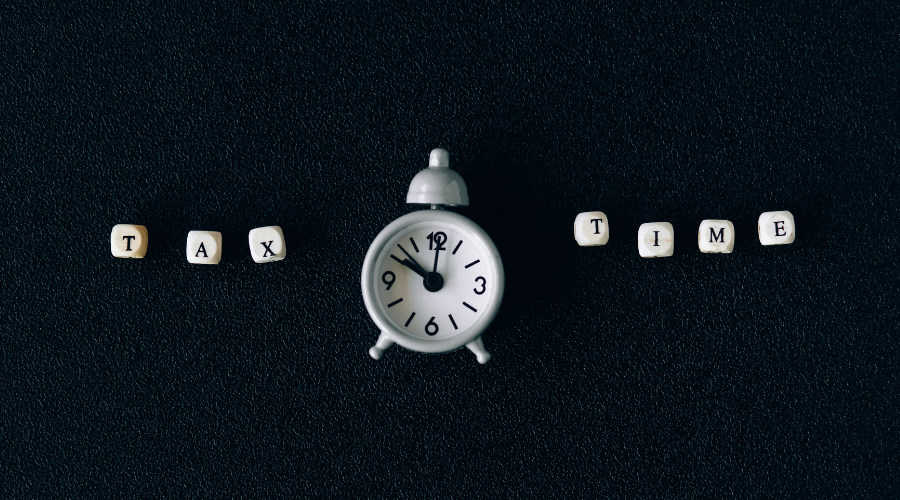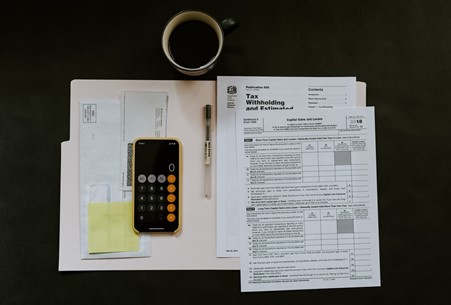Income Tax - What your Accountant Should Be Telling you to Minimise your Income Tax
There’s one good thing about income tax and that is that if you have to pay it, it is because you are making money. But are you and your small business accountant ensuring you are making the right kind of money?
Not the right kind in terms of quantity - that’s a topic for another day - but the right kind in terms of how well it serves you at tax time.
Personal Services Income has its downsides
One of the primary things to consider is whether you are earning Personal Services Income (PSI). Since 2000, the ATO has had a specific set of rules applying to PSI that substantially change what can be deducted compared to business or sole trader income.
For example, a business or sole trader providing goods can claim a tax deduction for rent of premises or a home office. But rent is not deductible against PSI - which means you may pay more income tax.
Another example: if you are earning PSI through providing consulting services, and decide to hire someone to handle some of the administration work, you can’t claim a deduction for their wages. In effect, the ATO will treat the amount you pay them from your income as if it were part of your individual income. They have a specific rule that states non-principal work - the support work if you like - is not a deductible wage expense.
This is possibly making you think that there has to be a better way to structure your business endeavours and income, and fortunately, there is.
Get the right structure to minimise income tax
A good small business accountant will be able to help you structure your business and your income in the most effective way while still ensuring you are compliant with ATO regulations. The goal is to pay only as much income tax as you are obligated to.
There are multiple tax advantages to having the right structure, including ensuring you can claim all appropriate deductions.
In addition to examining your professional income and business structure, your small business accountant should also be looking at whether your income arrangements on the personal level are the best they can be.
Income tax questions for your small business accountant
A common practice is for a business owner to pay their spouse for work that may not actually be done. This not only runs risks in terms of the ATO looking closely at the arrangement, in some cases we find it is not even the best solution from a tax management point of view.
For many couples, old-fashioned income splitting is a much more effective strategy for legally reducing personal income tax obligations.
These are the kinds of things your small business accountant should be taking the time to explore with you. You can get them started by asking great questions such as, “tell me about the different types of income I could be earning - and what are the tax advantages of each kind?”
The next question for your small business accountant then becomes, “How can you help me structure my income so I am not paying too much income tax?”
It’s time well spent as it may end up saving you hundreds or even thousands at tax time - and time with your accountant IS tax-deductible!
To learn more about structuring your income and effective income tax planning, download our free eBook ‘Your Money, Your Choice - Do Housekeeping’
Share this
You May Also Like
These Related Stories

Biggest small business tax time mistakes to avoid this EOFY

Year-end Tax Tips

/Brand/Logos/Kelly%20Partners%20Accountants%20Logo/Kelly-Partners-Accountants-Horizontal-Logo.webp?width=1500&height=212&name=Kelly-Partners-Accountants-Horizontal-Logo.webp)






